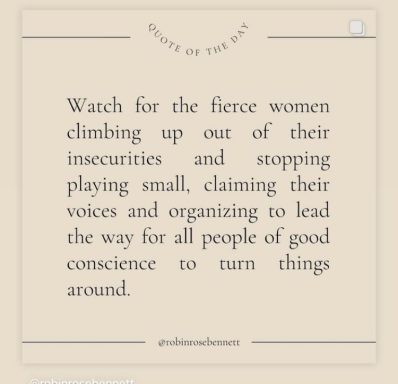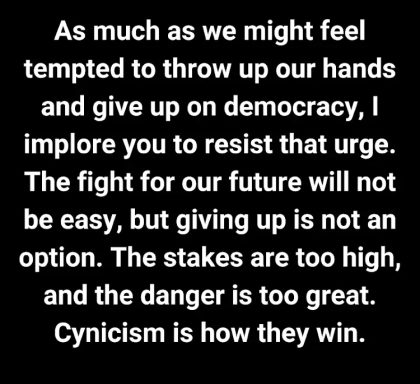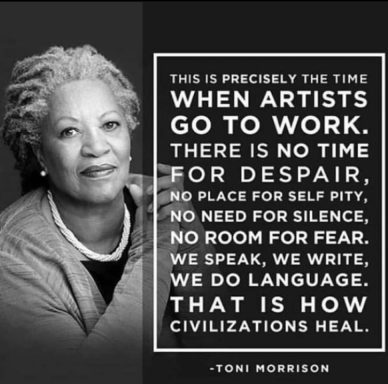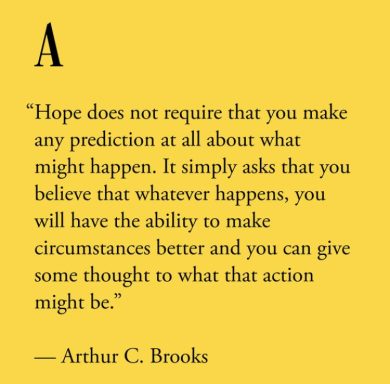The Importance of Self-Care
for the Advocate
Self-care for the advocate is not selfish; it’s essential. The work of advocating for others can be emotionally, mentally, and physically demanding, and without proper self-care, advocates risk burnout, compassion fatigue, and diminishing effectiveness. Taking care of your own health and well-being ensures that you can continue to show up, be present, and do the work that matters.
Emotional and Mental Well-Being
Acknowledge and Process Emotions:
Advocacy work can bring you face-to-face with trauma, injustice, and deep emotional challenges. It’s important to allow yourself to feel these emotions, whether it’s sadness, anger, frustration, or hope. Journaling, therapy, or talking with a trusted friend or mentor can help process difficult emotions.
Cultivate Joy and Meaning
Find Joy in small things! Engage in activities that bring you joy and fulfillment outside of your advocacy work. Whether it’s art, music, nature, or a favorite hobby, cultivating joy in your life gives you the emotional fuel needed to keep going.

Practice Mindfulness
Techniques like mindfulness, meditation, or breathing exercises can help ground you in the present moment, especially when dealing with overwhelming emotions or complex issues. Mindfulness can also help increase emotional resilience and focus, allowing you to continue your work without becoming overwhelmed.
- Pay attention to the present moment
- Do a mental scan of your body to check for where you are holding tension
- Focus on your breathing - make sure your breaths are deep and slow
- Use micro-moments to break from stress - slow down and pay attention to each action
- Observe and name your thoughts - it will help to interrupt the feelings of stress that arise
- Practice Meditation - try twice a day for 3 minutes a day, building up to longer periods
By Nancy Calhoun, editor, Journeyworks Publishing
Set Emotional Boundaries
While empathy is essential for advocacy, it’s also vital to set limits to prevent burnout. Recognize when you need to step back emotionally. You don’t have to carry the weight of the world all the time. It’s okay to acknowledge your limits.
Seek Professional Support
Therapy, especially for those doing emotionally intense work, can be invaluable. Therapists can help you navigate compassion fatigue, trauma, and emotional exhaustion, allowing you to continue your work without sacrificing your mental health.
Free Meditation Apps
Insight Timer
"Insight Timer offers a huge collection of more than 100,000 guided meditations with no required subscription or membership."
Mindfulness Coach
?Created by the U.S. Department of Veterans Affairs National Center for PTSD to teach mindfulness to veterans, service members, and the general public. Mindfulness Coach is a great instructive resource for anyone looking to learn about and embrace mindfulness as a healthy coping strategy and lifelong skill."
Smiling Mind
"Smiling Mind is an evidence-based, not-for-profit mindfulness app with over 300 free meditations and mindfulness programs—for adults and children. Its mission is simple: "To provide accessible, life-long tools to support healthy minds" in schools, at home, and the workplace".
Physical Health
Physical activity helps reduce stress and anxiety and boosts mood. Even if you have a busy schedule, make time for regular exercise, whether it’s yoga, walking, or something more vigorous. Movement keeps your body and mind balanced.
Adequate sleep is necessary for cognitive function, emotional regulation, and resilience. Make sure to carve out space in your routine for restorative rest.
Also, don't forget to nourish your body. Eating nourishing food and staying hydrated may sound basic, but they are key to maintaining energy levels and focus.
Simple ways to incorporate Self-Care into your daily routine.
•Make time for exercise
•Meditate
•Journal
•Take walks
•Play with your pets
•Rediscover childhood joys
•Limit your news consumption
•Turn off your phone after 8 pm
•Eat Chocolate!
•Listen to music
•Connect with friends/loved ones
•Find a supportive community
Felis vitae efficitur
Lorem ipsum dolor sit amet, consectetur adipiscing elit. Nulla euismod condimentum felis vitae efficitur. Sed vel dictum quam, at blandit leo.
Motivation
I love a good meme to make me lol-snort, or inspire me, or make me cry. Here is a sampling that is currently hitting the right buttons for my positive mental health.
©Copyright. All rights reserved.
We need your consent to load the translations
We use a third-party service to translate the website content that may collect data about your activity. Please review the details in the privacy policy and accept the service to view the translations.











